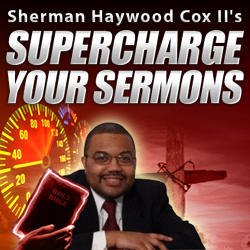How Many Texts to Preach?
Preaching multiple texts can derail your sermon. It should be very clear to everyone who is listening what your main point and your main text is. If you have too many competing points or too many texts, the people will get lost and will simply choose one of the points to focus on, or check out and wait until you start whooping (or whatever kind of celebration you do) to check back in…

